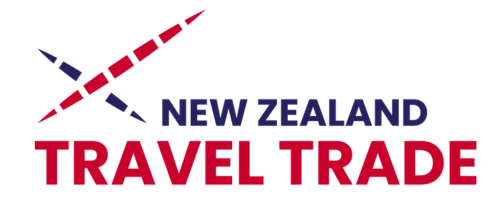A new report published by The Travel Foundation identifies 40 practical mechanisms for policymakers, Destination Management Organisations (DMOs), and National Tourism Organisations (NTOs) to help distribute tourism’s benefits more equitably across local communities. As tourism reaches record levels globally, travel agents have a key role to play in supporting these efforts and promoting equitable travel practices to their clients.
The report, which follows growing concerns over the unequal distribution of tourism revenues and local protests in popular destinations, highlights how tourism’s benefits often bypass local communities. For example, tourism revenue can be concentrated in the hands of a few, with as much as 50%-80% of tourist spending “leaking” out of the destination, resulting in limited local economic benefits. Additionally, many tourism jobs tend to be low-paid, exacerbating local inequalities rather than reducing them.

For travel agents, this report offers a timely opportunity to reshape the way they promote destinations. By adopting equitable tourism practices, agents can contribute to the positive transformation of tourism, benefiting both travelers and local communities. The report outlines 40 mechanisms that can help, including:
- Taxes and revenue-sharing initiatives: Encouraging travelers to support destinations with clear reinvestment in local communities.
- Business incubation and training programs: Promoting local entrepreneurship by working with suppliers who focus on skills development for local residents.
- Licensing and zoning regulations: Supporting businesses that comply with local sustainability standards and regulations.
- Community enterprises and volunteering programs: Partnering with community-based projects that allow travelers to contribute positively to local initiatives.
- Product development that integrates local culture and environmental protection: Highlighting tours and experiences that preserve local heritage and ecosystems.
Bernadett Papp, lead author of the report, explains: “This report is a roadmap for a more equity-driven management approach. Travel agents can play a crucial role by aligning their offerings with community goals, using the real-world case studies and evidence-based mechanisms we have provided.”
For travel agents, this represents not only a way to support ethical tourism practices but also a chance to engage clients looking for meaningful travel experiences. By partnering with DMOs, community groups, and local businesses, agents can help develop itineraries that align with the needs and interests of local residents, ensuring that tourism dollars stay within the destination and create sustainable, long-term benefits.
Rodney Payne, CEO of Destination Think and a key sponsor of the report, emphasizes the urgency of taking action, “The world is in crisis, but this research shows that many of the solutions we need are ready to be adopted. Travel agents can be a driving force by steering clients toward more responsible tourism options, making a tangible difference in the destinations they visit.”
As the tourism industry continues to grow, travel agents are in a unique position to influence how tourism impacts local communities. By embracing the principles outlined in this report, they can help shape a future where travel not only delights and inspires but also uplifts and empowers.


